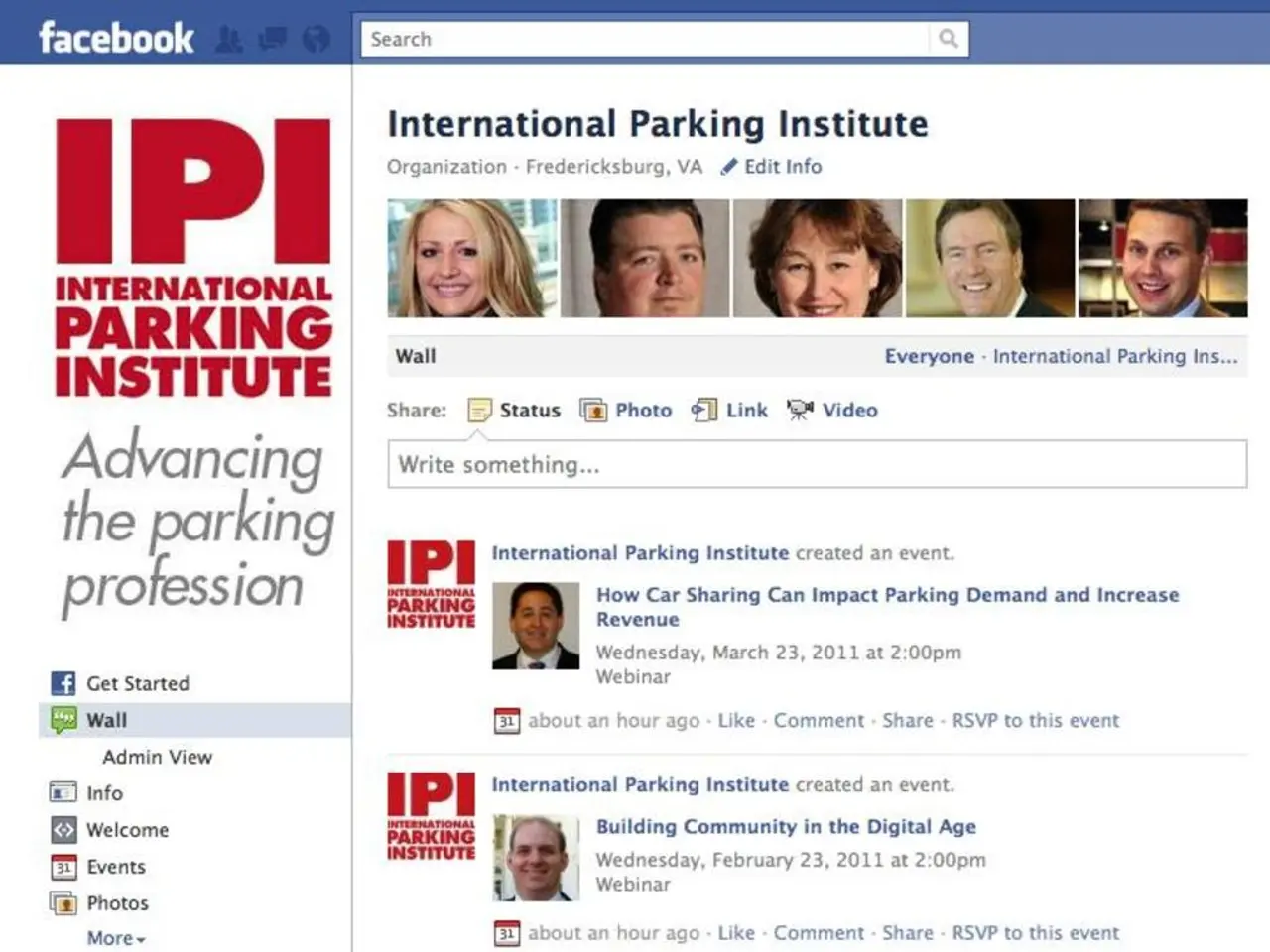Everyone likely overestimates the number of friends their peers have, suggesting a misconception about social networks.
In the digital age, the misperception of social connections among college freshmen has become a significant issue that impacts their mental health and social life formation. A study conducted by the University of British Columbia involving over 1,400 first-year university students reveals that this misperception tends to increase feelings of loneliness and isolation, which negatively affects their mental well-being.
The Friendship Illusion and Its Impact
The friendship illusion, a broader cognitive tendency called "pluralistic ignorance," creates a distorted view of social connections. Freshmen often overestimate how easily others are making friends and adjusting, which can lead to feelings of being left out and decreased self-esteem, exacerbating stress and anxiety.
This misperception affects various aspects of freshmen's mental health and social life formation.
Increased Loneliness and Social Anxiety
When freshmen believe they are socially disconnected compared to their peers, it may intensify feelings of loneliness and social anxiety, making it harder to initiate or sustain social interactions.
Reduced Help-Seeking Behavior
Misperceived social isolation can lower students’ willingness to seek mental health support due to stigma, self-stigma, and fear of negative judgment by peers, further exacerbating mental health struggles.
Delayed or Weakened Social Bonding
Feeling isolated or inferior socially disrupts the natural formation of friendships and community bonds crucial for well-being and academic success. This can prolong or deepen adjustment challenges during the critical freshman transition.
Negative Impact on Self-Esteem
When students misjudge their social connectedness, they may internalize negative stereotypes and doubt their social competence, which compounds mental distress and slows recovery from social setbacks.
Practical Solutions for Countering the Friendship Illusion
Understanding the friendship illusion offers practical benefits for improving social well-being. Strategies like early counseling, peer support groups, and inclusive community-building activities can help correct misperceptions and promote healthier social integration.
Educational institutions and workplaces can also foster healthier social environments by facilitating transparent discussions, creating structured opportunities for meaningful connection, highlighting the normalcy of social growth over time, and destigmatizing solitary activities within communal spaces.
Remember, the next time you find yourself feeling socially inadequate, most people believe others have more friends than they do, and most people are wrong. Your perception almost certainly exaggerates others' social connectedness while undervaluing your own. The friendship illusion affects nearly everyone, and understanding it is the first step toward seeing your social reality more accurately.
The friendship illusion, a cognitive tendency called "pluralistic ignorance," affecting students in the digital age, also impacts their education-and-self-development and personal-growth. It distorts their view of their peers' social connections, leading them to overestimate others' success in making friends and adjusting, increasing feelings of exclusion, decreased self-esteem, and stress.
This misperception not only intensifies feelings of loneliness and social anxiety but also reduces the willingness of students to seek mental health support due to stigma, self-stigma, and fear of peer judgment.
Feeling socially isolated or inferior can delay or weaken social bonding, disrupting the natural formation of friendships and community bonds essential for well-being and academic success. This can prolong or deepen adjustment challenges during the critical freshman transition, negatively impacting their mental-health.




